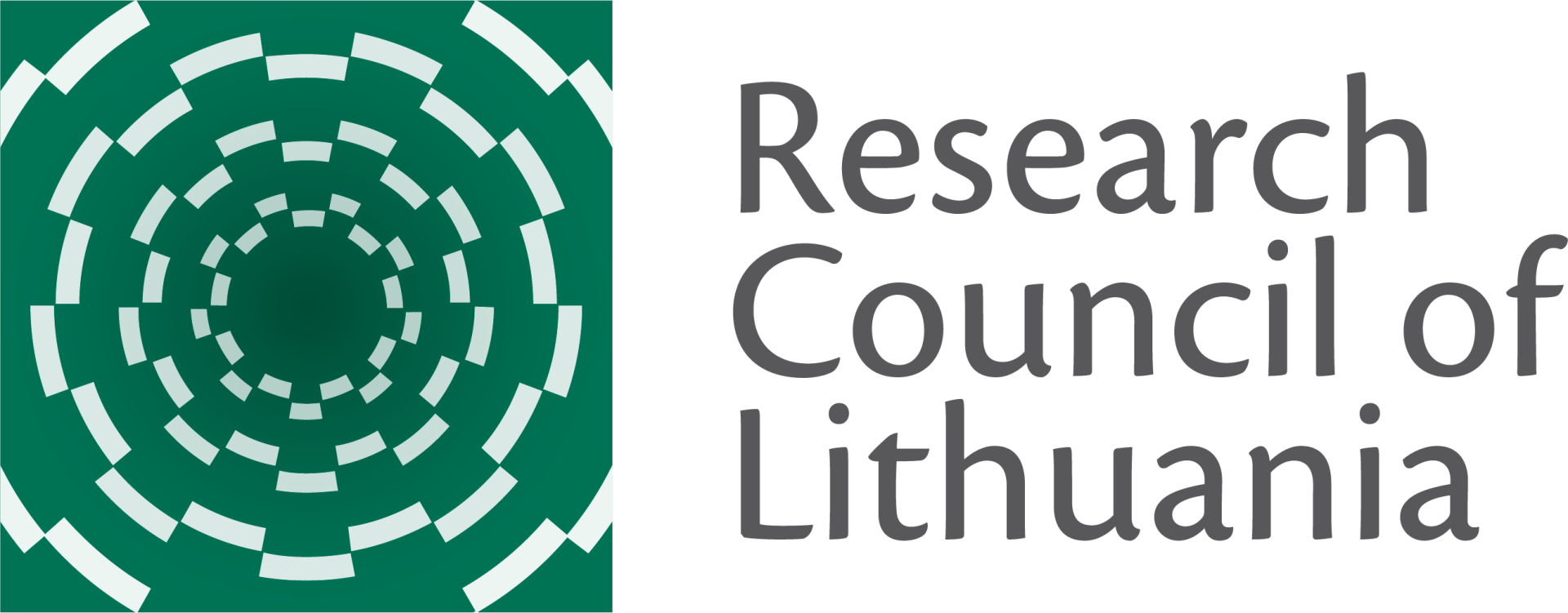Project idea
The German philosopher Robert Spaemann derives the political from an ontology of the person, which does not allow the person to be seen instrumentally or as an object. This mutual understanding of persons is achieved through love, which is strongly linked to individual temporal and spatial circumstances. Thus, the question arises, whether and how a relationship based on personhood is possible between citizens who do not have a direct personal relationship. Spaemann presents, but does not develop, a possible solution to this problem: citizens are similar in an aesthetic space: they think through similar symbols, meanings and associations. Culture becomes essential to the creation of a society that realises the persons, where even people who do not know each other directly can understand one another not as means to an end but as full persons. This study goes in line with the works of other researchers such as D. Walsh, E. G. O' Higgins or J. Greenaway, who aim to show that politics and the political can be derived from the concept of the person, as well as with the Lithuanian currents of political and cultural philosophy and analyses of the works of R. Spaemann. This study hopes to reconstruct, articulate and develop the basis of personal political communion in Spaemann's philosophy and to show its cultural aspect.








